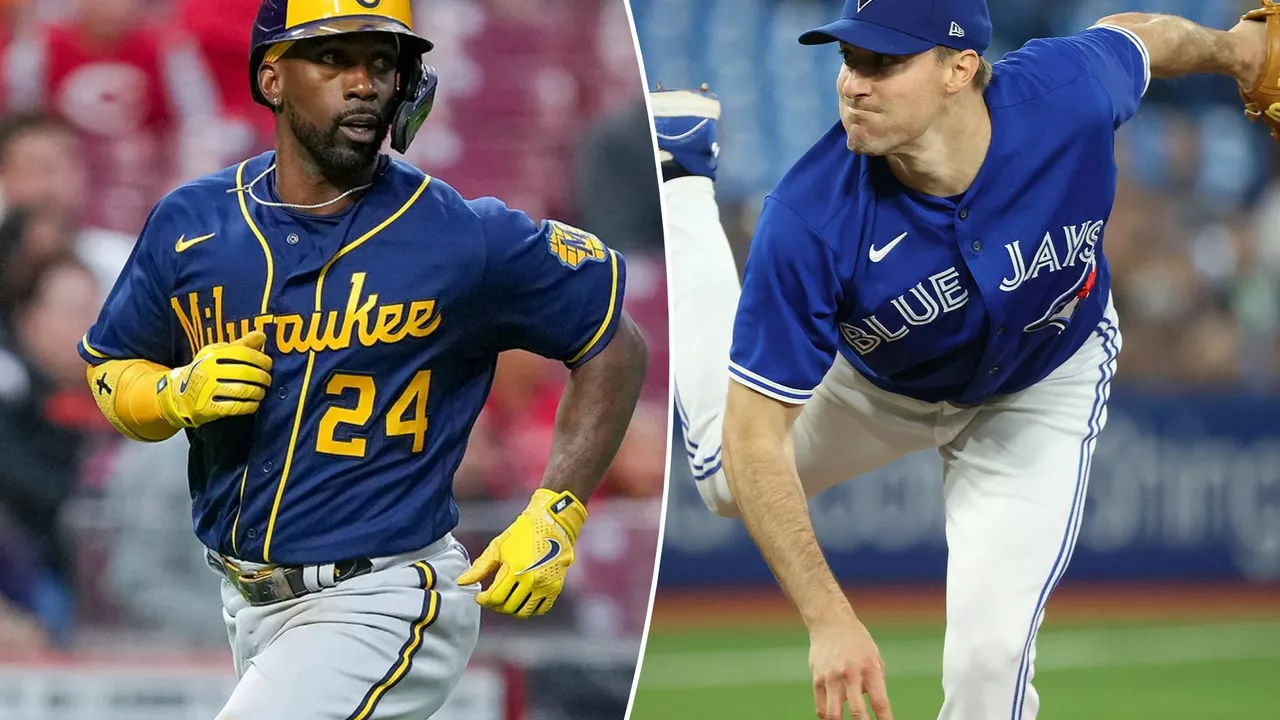MLB Contract Insights: What Every Fan Needs to Know
MLB contracts can feel like a maze, but they’re actually pretty straight forward once you know the basics. Whether you’re cheering for a rookie who just signed his first deal or a veteran getting a massive extension, the numbers tell a story about team strategy, player value and league economics.
In this guide we’ll walk through the biggest contracts on the market right now, explain the key terms you’ll see on a contract page, and show how these deals shape the season ahead. No jargon, just the facts that matter to you when you’re watching the next game.
Biggest Contracts This Season
Right now the headline‑making contract is the 10‑year, $300 million extension signed by a star outfielder with the New York Yankees. The deal locks the player in through his prime years and gives the club a predictable payroll stretch. It also includes performance bonuses that can push the total above $320 million if he hits 40 home runs in a season.
On the west coast, a short‑stop got a 5‑year, $150 million contract after a breakout year. The contract is front‑loaded, meaning the first three years carry the biggest salaries, which helps the team stay under the luxury tax limit in later years.
Free agency saw a pitcher sign a 3‑year, $75 million deal with a club looking to boost its rotation depth. The contract contains a club option for a fourth year at $25 million, giving the team flexibility if the pitcher stays healthy.
These numbers may seem huge, but they reflect market dynamics: high revenue streams, media deals and the scarcity of top‑tier talent. When a team can afford a big contract, it usually means they’re betting on that player to be a cornerstone for years to come.
How Contracts Impact Teams and Players
For players, a contract isn’t just a paycheck. It defines their leverage in future negotiations, their ability to opt out for a new deal, and even their post‑career opportunities like coaching or broadcasting. Many contracts include no‑trade clauses, allowing players to stay with a team they like, or at least control where they go.
Teams, on the other hand, juggle contracts against the luxury tax threshold. Going over that limit means paying a penalty each year, so clubs often add incentive clauses that only trigger if a player hits certain milestones. This way, they can reward performance without locking in cash they might need later.
Another factor is the arbitration process. Players with three to six years of service can negotiate salaries each year based on performance. A solid contract can pull a player out of arbitration early, giving both sides certainty.
Fans benefit from contract transparency too. Knowing a player’s long‑term deal can explain why a team trades away prospects or why a star stays in a small market. It also fuels debates: should a club invest heavily in a single ace, or spread the money across multiple role players? Those discussions keep the sport lively beyond the field.
Bottom line: MLB contracts shape the game just as much as the action on the diamond. By tracking the biggest deals, understanding contract structures, and seeing how they affect roster moves, you’ll get a clearer picture of why teams make the moves they do. Keep an eye on the next signing window – the next blockbuster could be the one that reshapes the whole league.

What percentage of an MLB contract does the agent get?
In the world of Major League Baseball, agents play a key role in negotiating contracts for their player-clients, and they are compensated for it. Typically, an MLB agent can expect to earn between 4% to 5% of the player's contract. This percentage is not fixed and can vary widely, often depending on the agent's reputation, the player's skill level, and the specifics of the contract itself. So, if a player signs a $10 million deal, their agent could pocket anywhere between $400,000 to $500,000. It's a lucrative business, but remember, the agent's job involves a whole lot more than just contract negotiations.